‘Becoming Karl Lagerfeld’ chronicles the entry of Karl Lagerfeld into the world of 1970s French fashion. Treated as an outsider, Karl works especially hard to make a name for himself and gain the respect of his peers. As a designer for Chloé and Fendi, Karl competes with his friend and eventual rival, Yves Saint Laurent. Amidst the vibrant and prospering fashion scene in Paris, Karl develops a turbulent relationship with the sensual dandy Jacques de Bascher. Created by Raphaëlle Bacqué, Jennifer Have, and Isaure Pisani-Ferry, the French-language Hulu show gives us a somber insight into Karl’s life past his glamor and designer persona. The in-depth exploration of Karl’s relationships and struggles prompts inquiry into their alignment with actual events.
Becoming Karl Lagerfeld: Making a Mark in the Haute Couture of Paris
‘Becoming Karl Lagerfeld’ is a personal exploration of the prominent fashion designer before he began sporting his iconic white hair and black glasses look. Based on Raphaëlle Bacqué’s 2020 novel ‘Kaiser Karl,’ the show recreates Karl’s early days in France and follows his journey for over a decade. The episodes focus more on Karl’s relationships and contemplations than his creative genius or fashion. With a brilliant performance from Daniel Brühl and a vivid depiction of 1970s fashion in France, the series adds to its many authentic qualities and pulls us into its narrative.
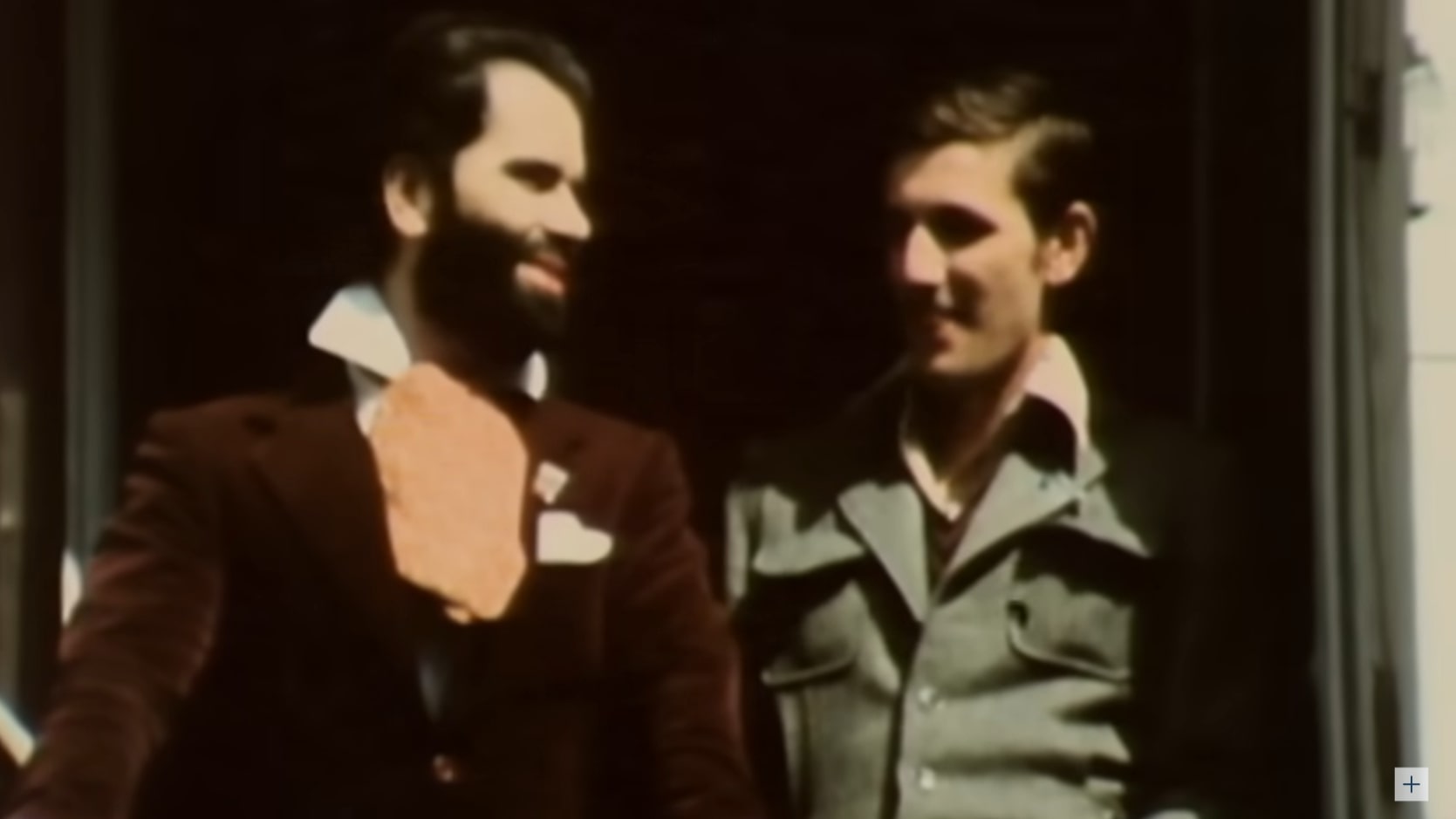
In the opening episodes, Karl seems at once like an outsider while also seamlessly charming his way through a social gathering. He speaks fluent French and seems distant from his German heritage. Such characteristics are in line with the bringing up of Karl with respect to the geopolitical realities of the time. Karl was born into wealth as the son of German businessman Otto Lagerfeld. His birth year, 1933, coincided with the Nazi party coming to power in Germany with Adolf Hitler at the helm. Karl’s parents were staunchly against the ideologies of Nazism and would tell a young Karl stories of how wonderful their country was before his birth, with a thriving business and arts scene.
Karl was an inquisitive child, reading books in multiple languages and discovering he was queer early on in his life. He was supported by his parents in matters of his sexuality and living his life as he wanted. His fluency in French developed at this time since his parents conversed in French over dinner and saw the country as a hub of high culture. Karl resonated this belief with his readings, growing fond of French fashion of the late 19th century and developing a disdain for the direction his own country was heading in.
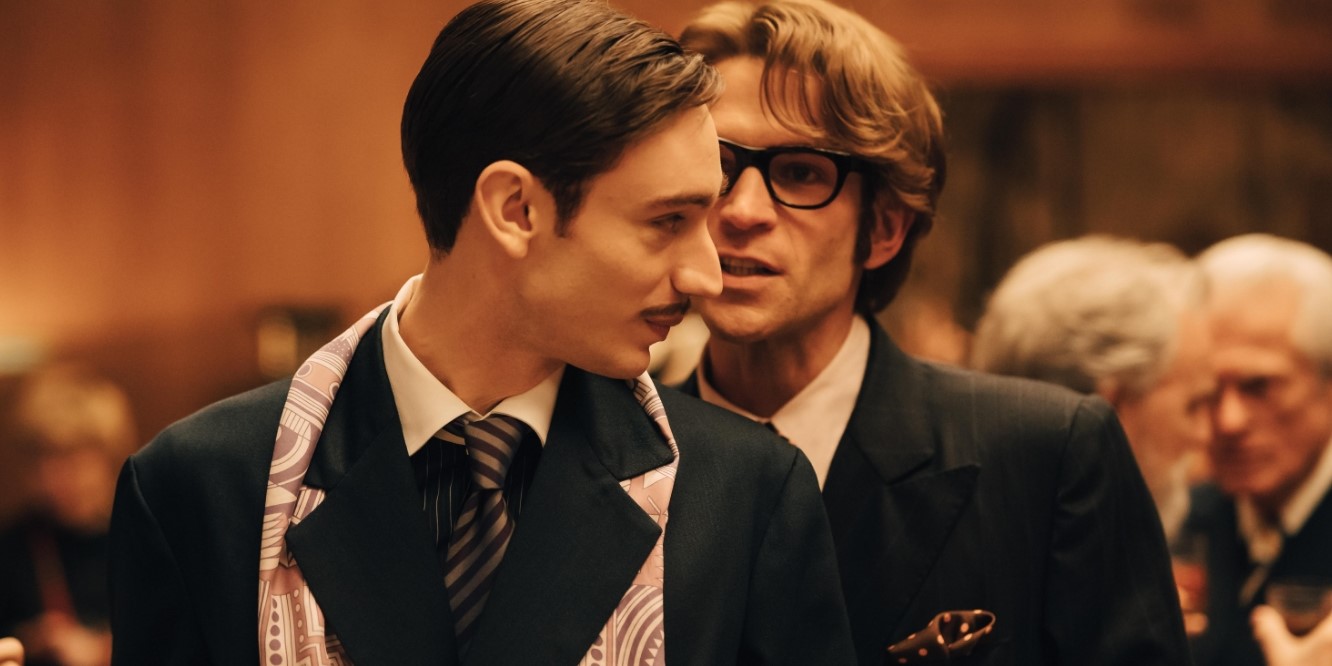
Such was the need for him to distance himself from Nazi Germany that Karl changed his birth date with a fake birth certificate, shifting the year from 1933 to 1938, before traveling to France at the age of 19. Arriving in Paris after the end of the Second World War, Karl wisely made no mention of his German origin. The French were resentful of Germany and its people, with the devastation of war fresh in their memory. Speaking many European languages alongside French, Karl was initially assumed to be Swedish or Dutch.
As depicted in the show, the aspiring fashion designer was considered exotic and handsome and quickly became a socialite. Having spent his childhood without much interaction with peers or children of the same age, Karl had inculcated a passion for historical French culture and fashion with his books and quickly felt at home in Paris. Within two years of staying in the city, he won the International Wool Secretariat’s design competition, with his dress design inspiring the chemise dresses by Balenciaga and Givenchy released three years later. As seen in the first episode, this is when he befriends fellow winner of the competition, Yves Saint Laurent, and begins his first job under Pierre Balmain.
Karl, Jacques, and Yves, a Love Triangle That Split Fashion in Two
‘Becoming Karl Lagerfeld’ features the rivalry between Karl and Yves as well as the love triangle between them and Jacques de Bascher prominently in its narrative. Both Karl and Yves had grown to immense success within the industry simultaneously. They were good friends as part of the same social circles and were considered two of the most relevant geniuses in the increasingly profitable industry. Karl met Jacques in 1971 and developed a romantic relationship. This relationship was quite unique, with an intellectual and emotional solace they didn’t find with anyone else. However, the relationship was reportedly open and, as Karl insisted, not of a sexual nature.
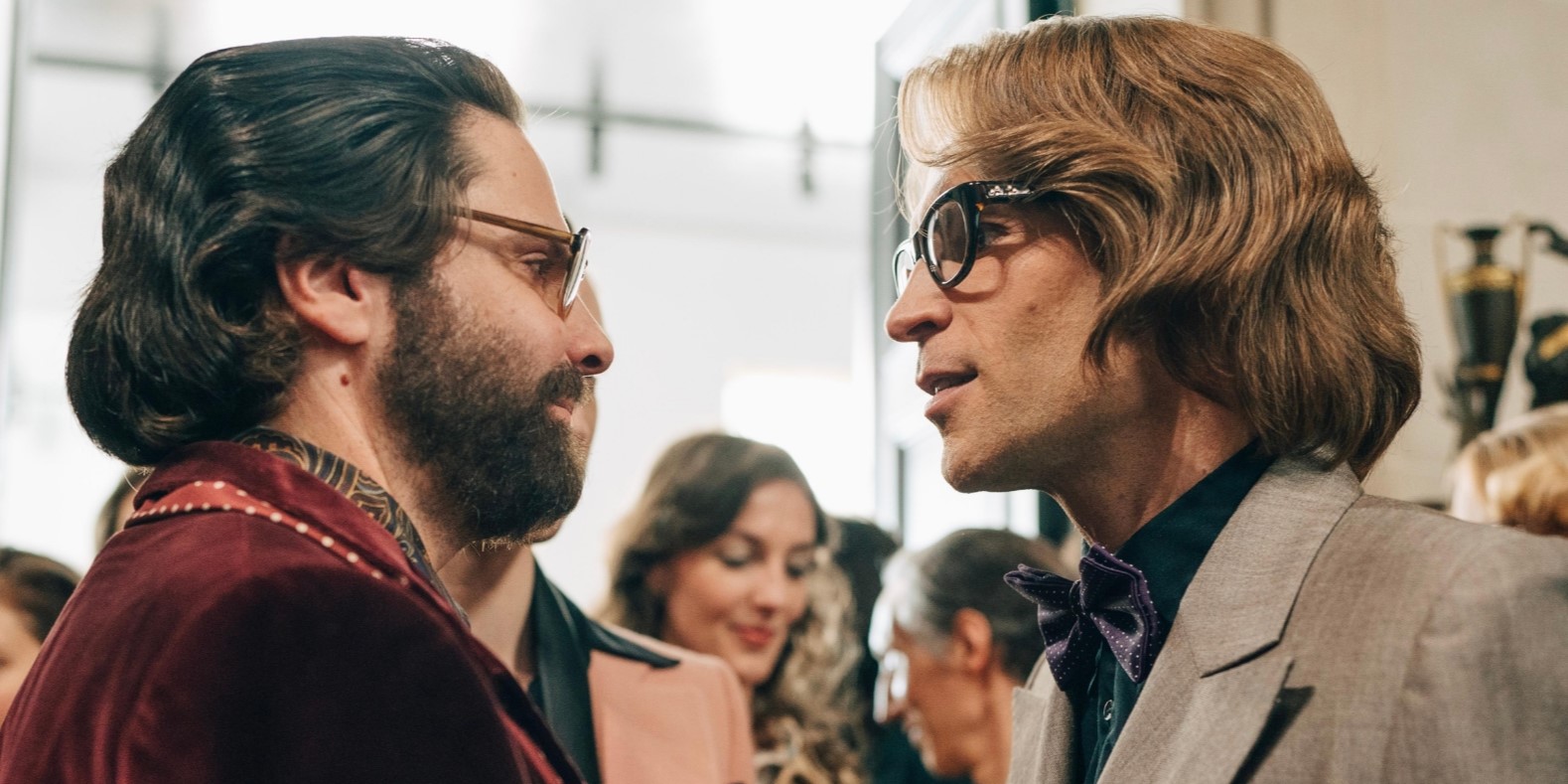
After being close to Karl for two years, Jacques had an affair with Yves, who immediately fell head over heels for him. Karl initially did not take issue with Jacques’ affair, as they shared an open relationship. However, Yves’ long-term partner, Pierre Bergé, became afraid of losing him to the dandy. Pierre drew a wedge between Karl and Yves, with Jacques being at the center, starting their well-known rivalry. The developing animosity between the fashion giants split the industry into two, and both designers would scarcely affiliate themselves with someone on the other’s bloc. True to history, the show sees Jacques remain with Karl despite the tumultuous situation as the two rework their relationship. Karl and Jacques ultimately stayed together till Jacques’s death due to AIDS in 1989.
Karl Lagerfeld: The Reclusive Socialite
‘Becoming Karl Lagerfeld’ shines a light on moments of vulnerability and introspection for an otherwise seemingly invincible figure. The show leans into the narrative of Karl being an insecure outsider looking not just for fame and fortune but for the respect and dignity fitting his standing. The two pillars of Karl’s world in this fight emerge as Jacques and his elderly mother. When his father died in 1967, Karl’s mother, Elisabeth, came to live with him in Paris.
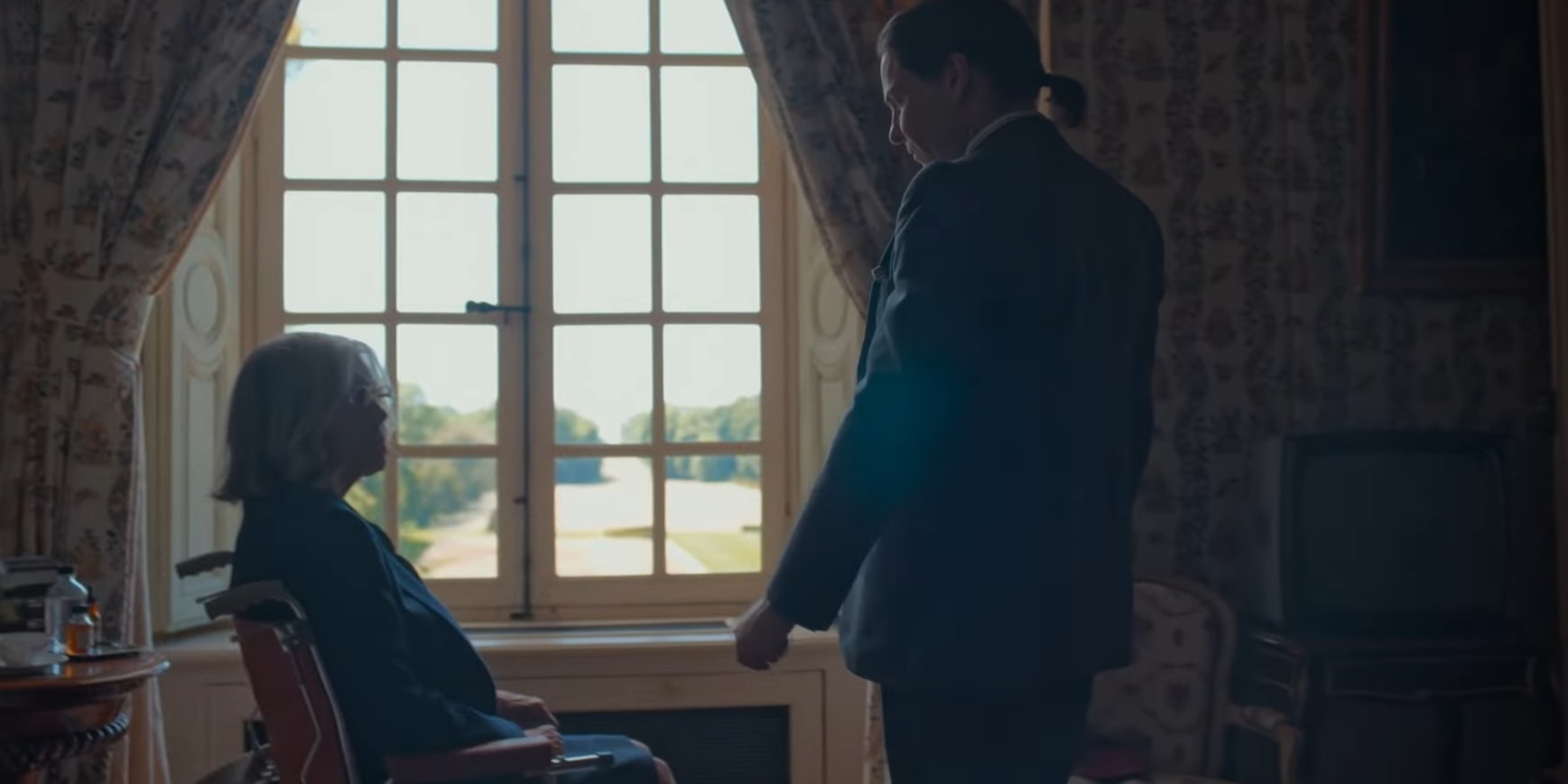
According to reports, Karl had a complicated relationship with his mother, respecting and admiring her but never feeling her pride and approval overtly. A fiercely independent woman, she was a staunch feminist who Karl said was both cruel as well as extremely loving and protective of him. According to Karl, she would chastise him for his looks when he was a child, not attend his shows, and pretend to prefer the work of other designers when he was an adult. However, she secretly kept collections of all the clippings and photographs of Karl’s achievements and was immensely proud of him.
Essayed by Lisa Kreuzer in the show, Elisabeth reflects a part of this complex personality, which becomes a pillar of emotional support for Karl during his rivalry with Yves and spat with Jacques. Speaking four languages, well versed in history, and a generous fashionista, Karl was truly a star both in his personal life and in his work. Yet, he only ever truly seemed to confide in Jacques and his mother. Following his emotional rollercoaster of a journey over a decade of Karl’s life, ‘Becoming Karl Lagerfeld’ narrates an engaging true story that casts the icon in a gritty and realistic light.
Read More: Best True Story Movies on Hulu

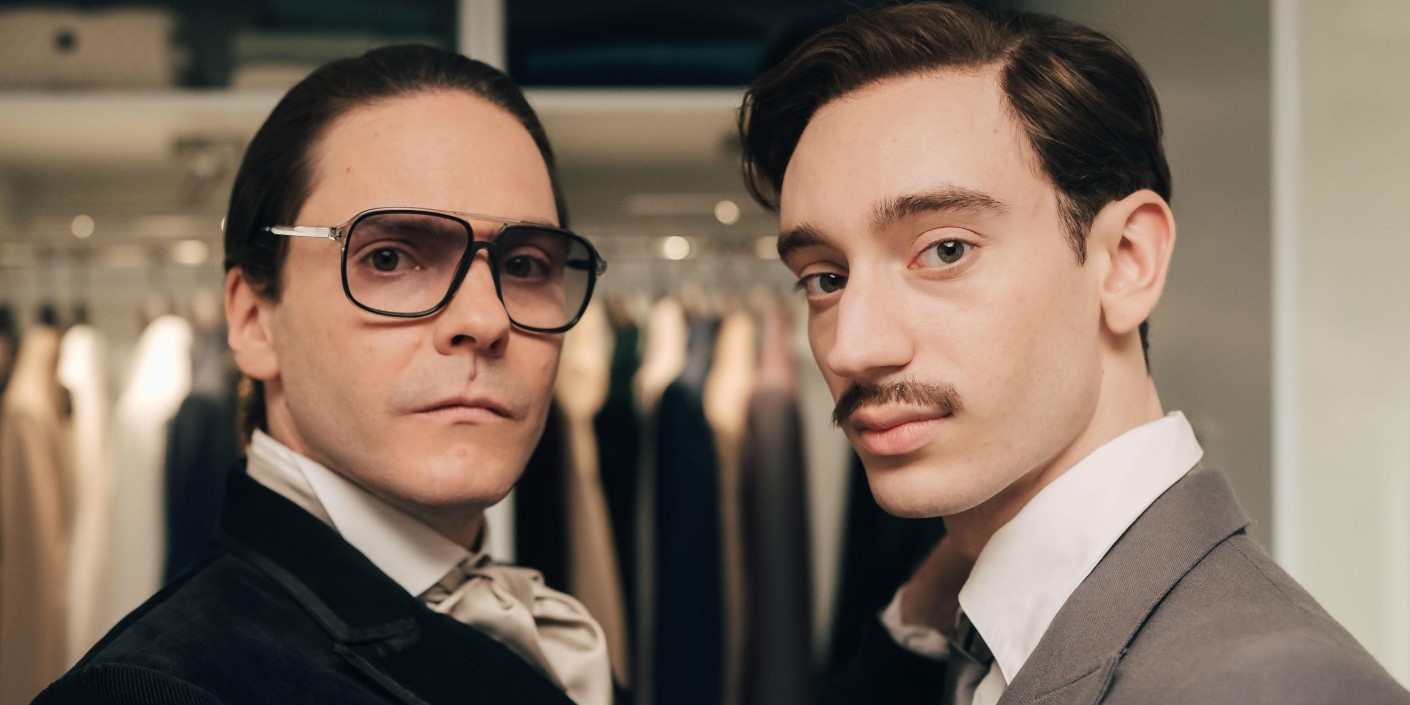
You must be logged in to post a comment.